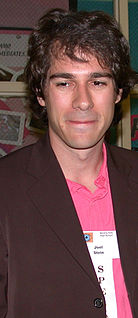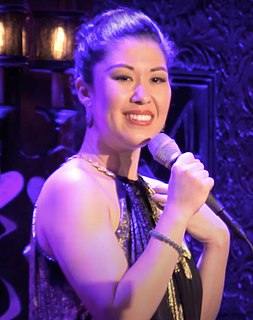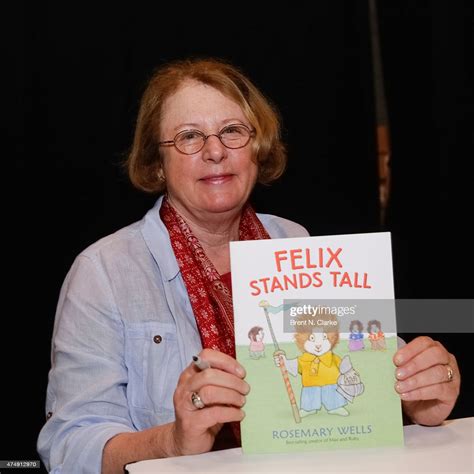A Quote by Sherman Alexie
A lot of native culture has been destroyed. So you already feel lost inside your culture. And then you add up feeling lost and insignificant inside the larger culture. So you end up feeling lost squared. And to never be recognized, to never have any power, you know, other minority communities actually have a lot of economic, cultural power.
Related Quotes
Flamenco is connected with so many types of music. It has Jewish culture inside, Arabian culture inside, Russian culture inside, Spanish culture inside. It's linked to African music too, because African music has the 'amalgama' rhythms you can find in flamenco. You can find everything in flamenco. That's why it's so beautiful.
Focus attention on the feeling inside you. Know that it is the pain-body. Accept that it is there. Don't think about it - don't let the feeling turn into thinking. Don't judge or analyze. Don't make an identity for yourself out of it. Stay present, and continue to be the observer of what is happening inside you. Become aware not only of the emotional pain but also of "the one who observes," the silent watcher. This is the power of the Now, the power of your own conscious presence. Then see what happens.
My interest in culture generally is a comparative one, and I think that's where the word joy, I think, can be applicable. There's joy in actually seeing the relatedness, the connectedness of different cultures or recognising, for instance, your own culture in another or another culture in your own culture and feeling an air to all of them.
People sometimes say that you must believe in feelings deep inside, otherwise you'd never be confident of things like 'My wife loves me'. But this is a bad argument. There can be plenty of evidence that somebody loves you. All through the day when you are with somebody who loves you, you see and hear lots of little tidbits of evidence, and they all add up. It isn't purely inside feeling, like the feeling that priests call revelation. There are outside things to back up the inside feeling: looks in the eye, tender notes in the voice, little favors and kindnesses; this is all real evidence.
As the end of the century approaches, all our culture is like the culture of flies at the beginning of winter. Having lost their agility, dreamy and demented, they turn slowly about the window in the first icy mists of morning. They give themselves a last wash and brush-up, their oscillated eyes roll, and they fall down the curtains.





































